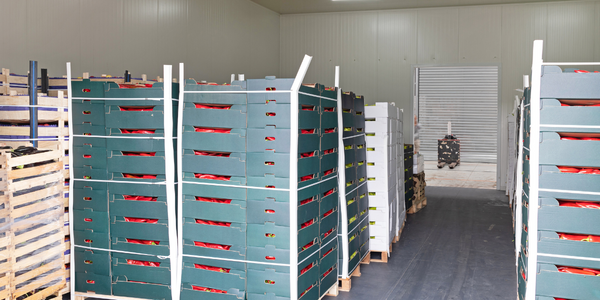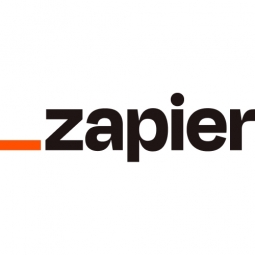- Application Infrastructure & Middleware - Database Management & Storage
- Infrastructure as a Service (IaaS) - Cloud Databases
- Cement
- Food & Beverage
- Product Research & Development
- Sales & Marketing
- Speech Recognition
- Time Sensitive Networking
- Cloud Planning, Design & Implementation Services
- System Integration
Soylent's customers are individuals seeking a more efficient and convenient way to consume essential nutrients. They are not necessarily people who are too busy for traditional meals, but rather individuals who value the time saved by consuming Soylent, which allows them to engage in other activities they love. These customers are also part of a thriving community around Soylent, where they share tips, success stories, and ideas about meal-hacking. They are interested in the company's research and transparency, and actively engage with Soylent through various platforms such as the company's subreddit and DIY forum.
Soylent, a company that provides nutrient-rich food alternatives, faced two significant challenges. The first was the complexity of managing legal consultations during their Series A funding round. As a startup, they had to navigate the intricate process of securing substantial funding, which required extensive legal advice. However, the company lacked a legal background and had to hire a team of lawyers. The co-founder/CTO, John Coogan, found himself overwhelmed with information during these consultations, struggling to take comprehensive notes while actively participating in the discussions. The second challenge was building a thriving community around Soylent and maintaining open communication with their customers. They needed a seamless way to sign up interested consumers to their database and keep them updated on various aspects of the company.
To address the first challenge, Soylent turned to Zapier, a tool that connects and automates apps. Coogan used Zapier to build a searchable archive of all the legal advice Soylent paid for. He started by recording each legal consultation call via UberConference, which provided an MP3 file for every conversation. He then used Zapier to automate the process of transcribing these calls into text. The MP3 file was sent to Mailparser.io via Zapier, which captured the audio file and downloaded it to Dropbox. From Dropbox, the audio file was sent to Rev, a transcription service, which provided a transcript within 24 hours. The final step was to save the transcript to Google Drive and Dropbox for easy access and sharing. This solution allowed Coogan to fully participate in the calls without worrying about note-taking and created a valuable legal database for the company. For the second challenge, Coogan used Zapier to automate the process of signing up consumers to their database. A Zap was set up to trigger on a webhook, passing the user's email address to Soylent's PostgreSQL database. This allowed the company to keep their customers updated on various aspects of the company.

Case Study missing?
Start adding your own!
Register with your work email and create a new case study profile for your business.
Related Case Studies.












